Encyclopaedia of Buddhism : A World Faith : Buddha's : Myths and Legends (Volume X)
Synopsis
Centuries pass but the stupa and its legends endure. Because legends and folk tales of divinity are so much more reachable than a thousand scriptures though they both signpost a path to that which is everlasting. Scriptures require the skills of interpreters. Legends need only a mother and a child and a story. Faith follows. Myth is from the Greek term mythos meaning ‘legend’. Hence, narrative accounts taken to be true, but not known to be true. The elaboration of dramatic narratives involving superhuman powers provided the first explanations of the origin and operation of the universe. Myth has some relation to metaphor and can be treated as allegory. The history of Buddha is not a myth. Myth is a ‘sacred’ narrative, from which legends and fairy tales are not always clearly distinguishable. In a common tradition of analysis, myth is above all explanatory is myths. The anthropological study of myth links with psychological, literary, and classical studies, and with political science and sociology. In the latter, myth is often no longer a ‘sacred’ narrative but, so to say, a whole value-bestowing area of belief. It is true that it is possible to disentangle from the Buddha legend, a nucleus of historical fact. To do this, and to clearly set forth his own teaching, has been one great achievement of oriental scholarship. Mythology relating to Lamaism is a fascinating field for exploring the primitive conceptions of life, and the way in which the great forces of nature become deified. It also shows the gradual growth of legend and idolatry, with its diagrams of the unknown and fetishes. And how Buddhism with its creative touch bodied forth in concrete shape the abstract conceptions of the learned and, while incorporating into its pantheon the local Gods of the country, it gave milder meanings to the popular myths and legends. To understand ritual, we need to understand sacred time and sacred space that act as containers to any ritual. While ritual differentiates between sacred space and non-sacred time and space, it has the power to transform everyday space and time to sacred space and sacred time. Sacred space, as a place of crossing over, a tirtha—which means a ford, either as it exists in a permanent or semi-permanent location or as it is set up for the short duration of a ritual ceremony, or as a place to visited: is a microcosm, it is a reflection of the whole. The whole exists within each small space, within each ‘significant fragment’, because each of these reproduces the whole. So we see that while ‘ordinary space’ does not, cannot allow for this. Sacred space has the magical capacity to isolate and to include at one and the same time. Everyday time, through ritual, becomes transfigured, consecrated; remembered because repeated and therefore repeatable forever. The periodic recurrence of anything signifies primarily that a mythical time is "made present", and then can be used indefinitely.
Read more
91.80
82.62
$
102.00 $
Free delivery Wolrdwidе in 10-18 days
Ships in 2-4 days from New Delhi
Membership for 1 Year $35.00
Get it now and save 10%
Get it now and save 10%
BECOME A MEMBER

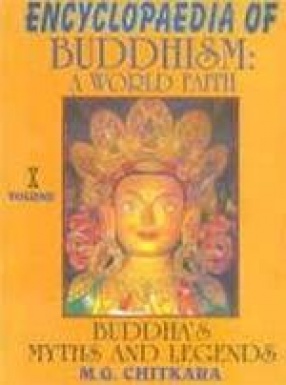


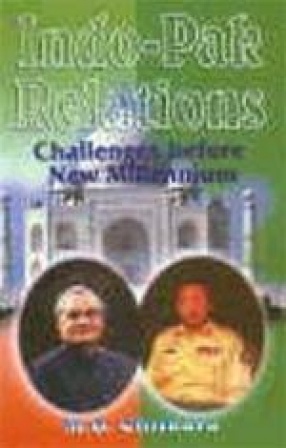
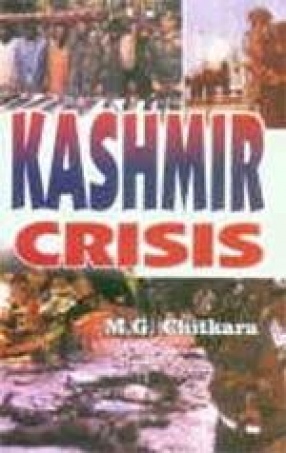
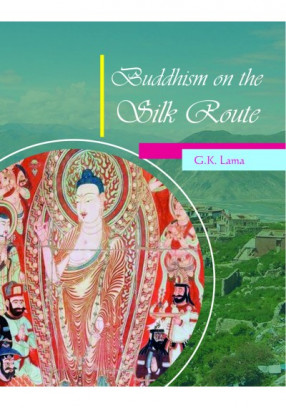

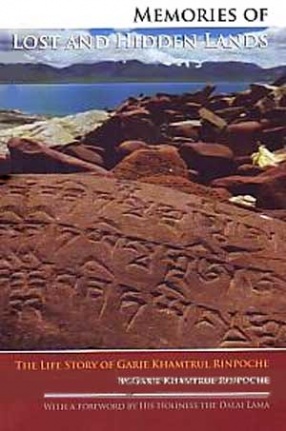
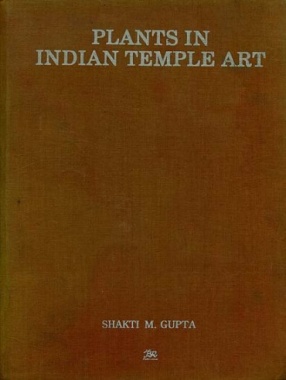

Bibliographic information